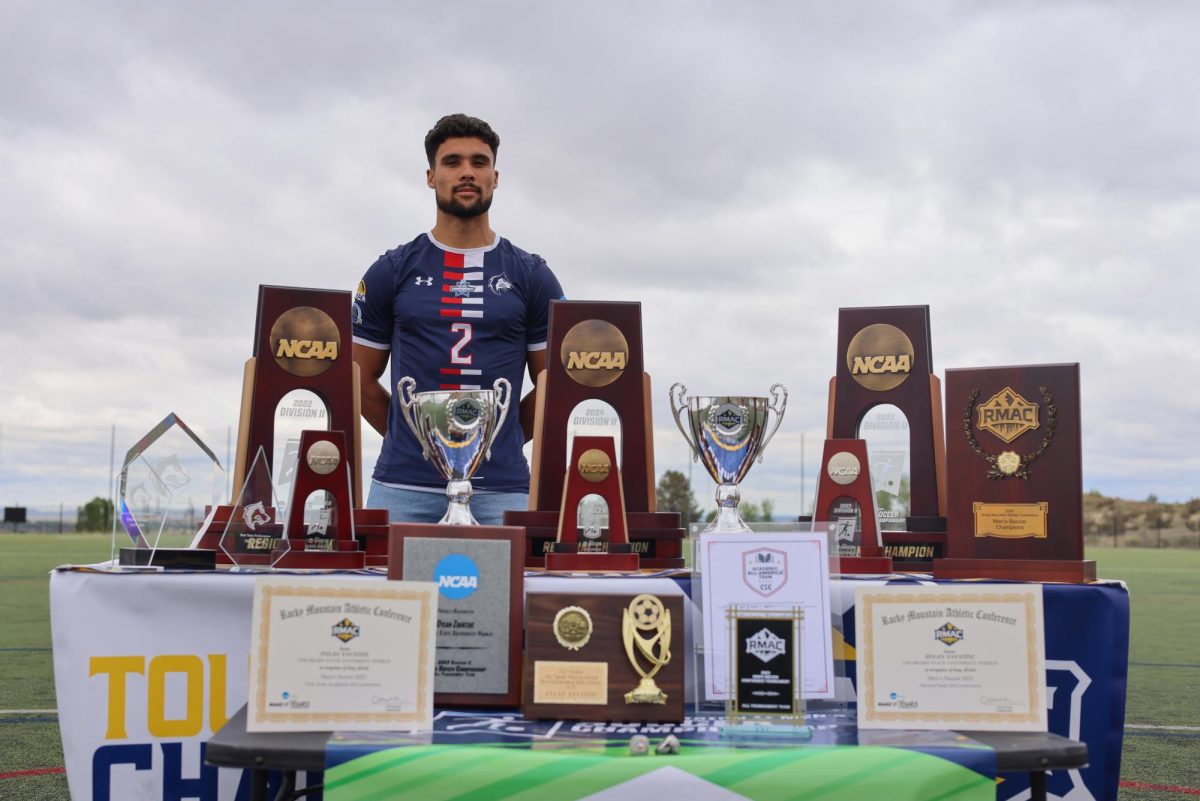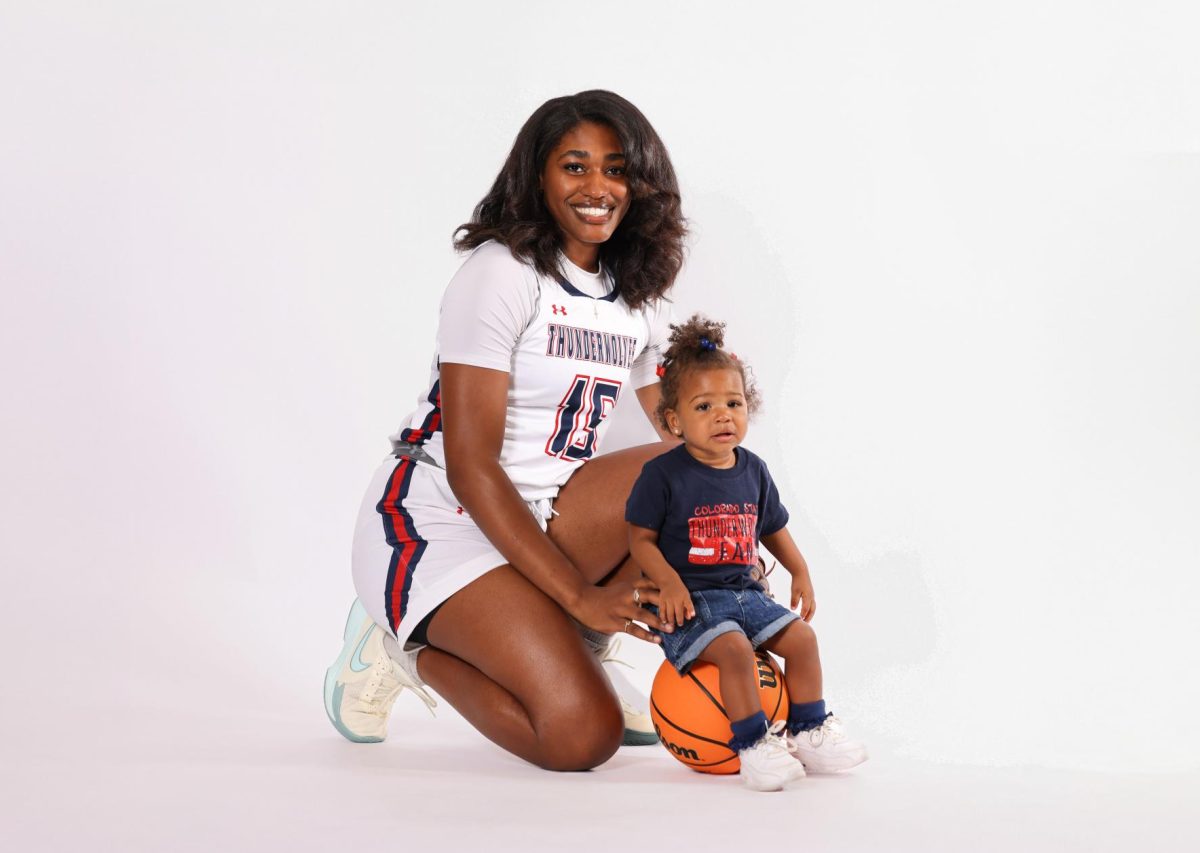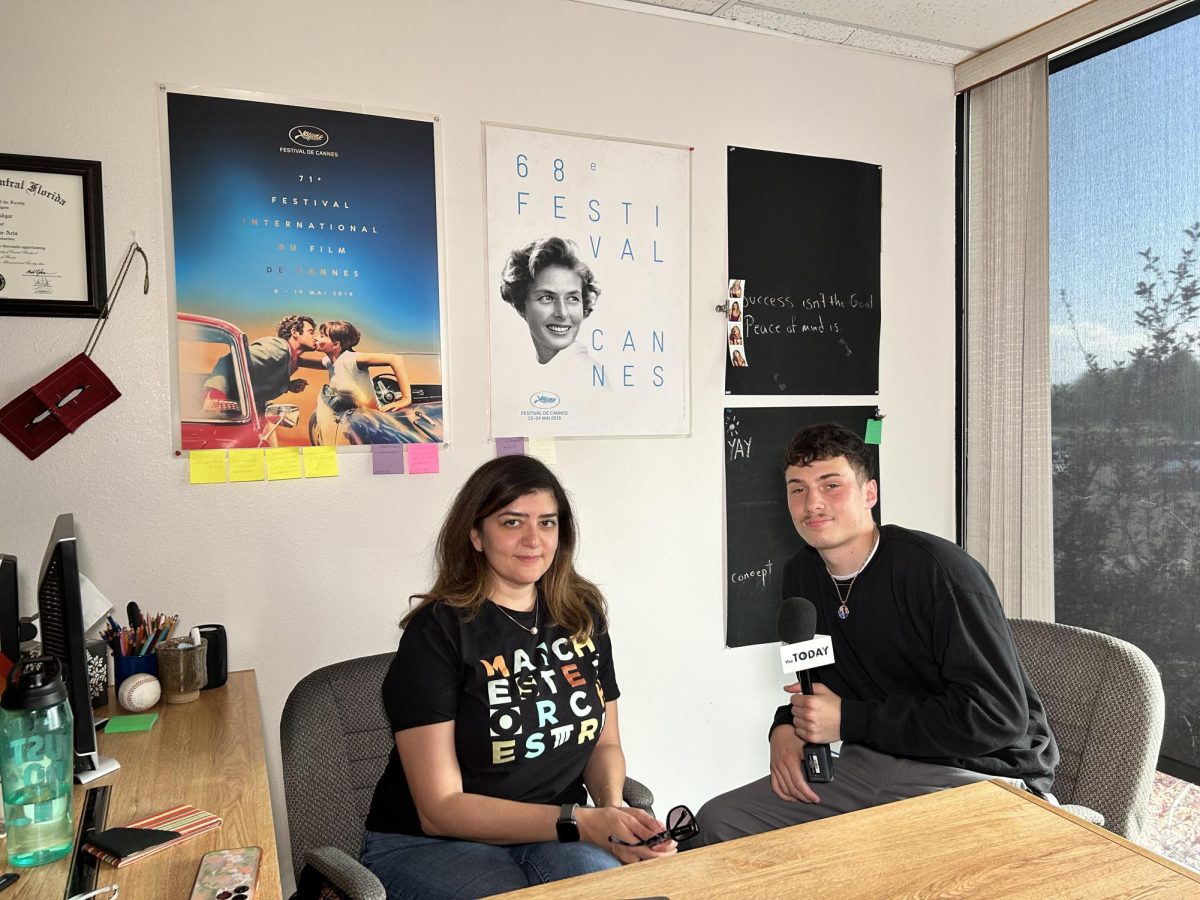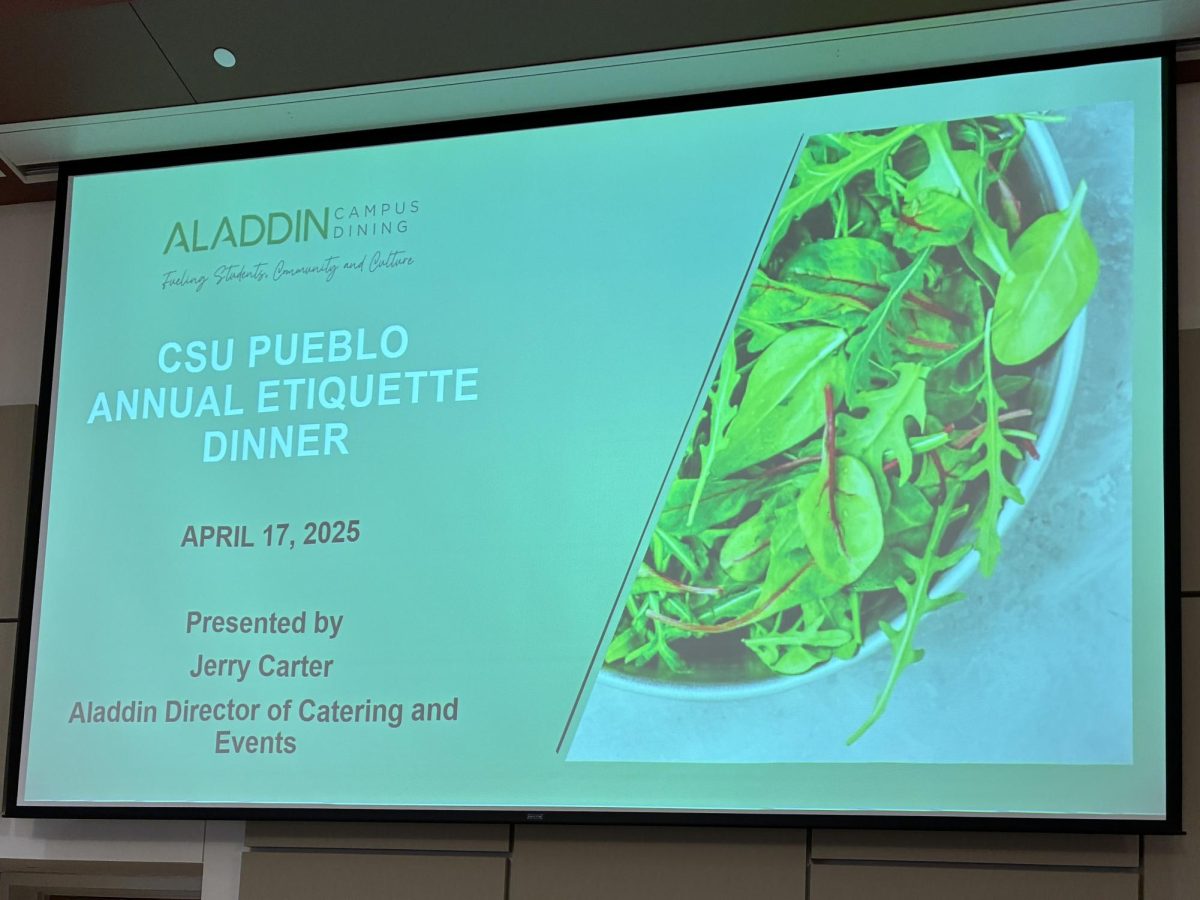By DaMarkus James
CSU-Pueblo’s women studies program will conduct a presentation on rape and sexual assault, at 2 p.m., Wednesday, March 16 in the Diversity Resource Center of the Occhiato University Center.
“Making Sense of Consent” is a presentation created to inform students about rape and sexual assault, said Fawn-Amber Montoya, assistant professor of history, Chicano studies, philosophy and political science.

“The presentation will be about the complexities of consent, specifically in regards to what is and what is not rape,” Montoya said.
One important point students should be aware of is promiscuous sexual activity that is non-consensual.
“I’m emphasizing to students that students that are under the influence of alcohol or drugs and have sex that is not a consensual sense, then that is considered to be rape,” she said.
Dena Rodriguez, executive director of Pueblo Rape Crisis Center, will present information on sexual assault and rape at the presentation, Montoya said. Michelle Kratz, a community liaison and case manager for PRCC, might also attend, she said.
Montoya became a part of the presentation because she is an interim women studies coordinator, she said, and she works with the women studies program to raise awareness about rape, sexual abuse and sexual assault at least once a month, Montoya said.
The women studies department is in the process of possibly making the presentation a frequent activity on campus, Montoya said. She would like to make rape presentations a recurring activity because a few students reported being sexually assaulted a couple months ago, Montoya said. Most of the reported incidents occurred off campus, she said.

Sexual assault might sound like it is similar to rape but terms are in context, Montoya said.
“Sometimes the terms are interchangeable. Sexual assault doesn’t always imply intercourse,” she said. “Sexual assault can be any touching, in any shape or form, and I think assault adds to the degree of severity.”
What is considered rape might change in terms of how people perceive it.
“Rape can come in all different forms. It could be oral, it could be vaginal, it could be anal,” Montoya said. “It’s not always just that traditional view of men raping women and strangers raping women.”
Not many students attend presentations on sexual assault and rape, she said, however, some students majoring in women students might attend the presentation.
To find out more information about rape and sexual assault, visit www.pueblorcs.org or contact Rodriguez, at (719) 544-1191. For questions concerning “Making Sense of Consent,” contact Montoya, at 719-549-2620, or Rodriguez.









